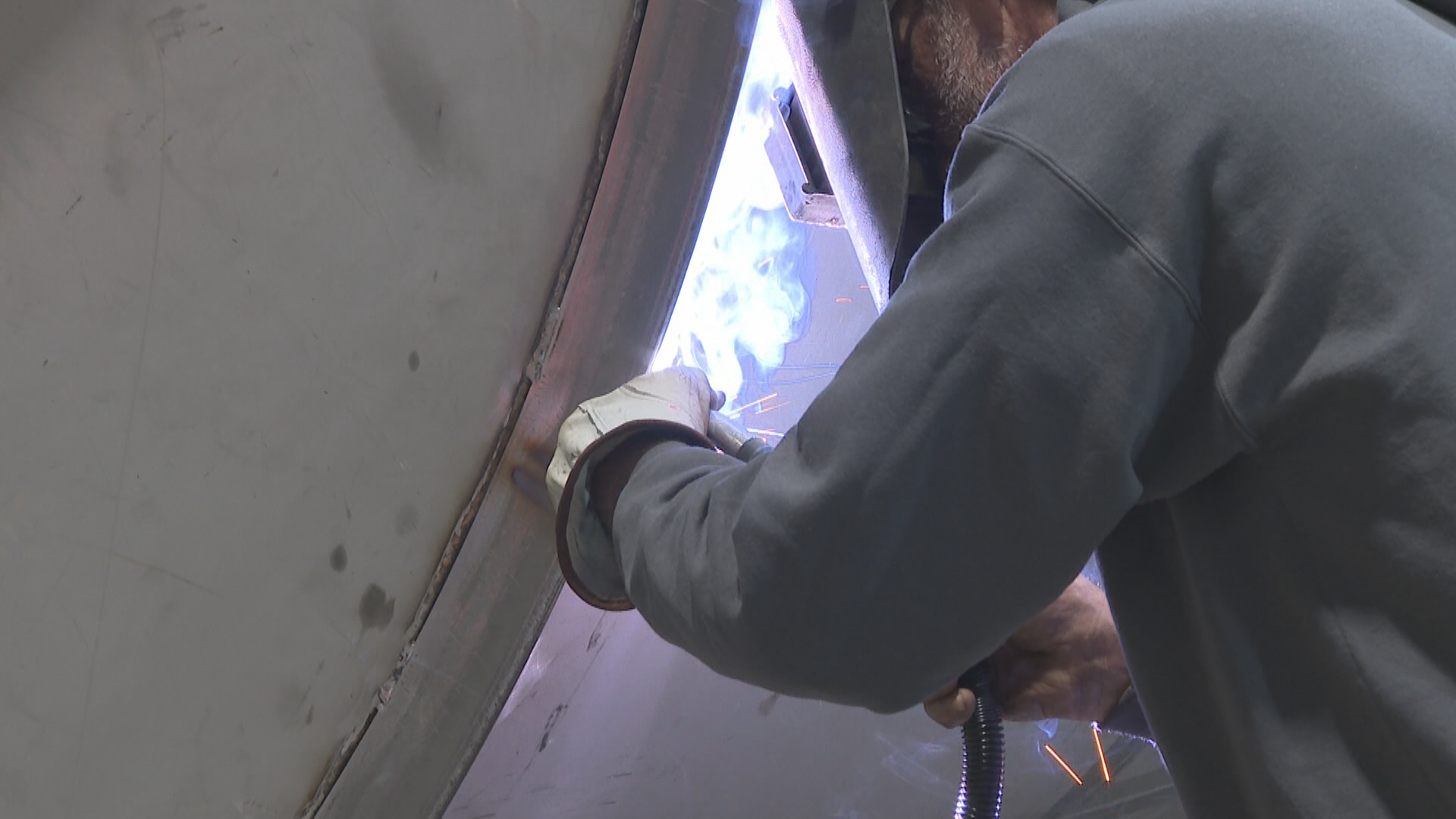Winston Churchill High School in Lethbridge, Alberta, is embarking on an ambitious project to address the nationwide skilled labor shortage by constructing a state-of-the-art welding shop on school grounds. This initiative aims to bridge the gap between traditional education and practical, hands-on experience, offering students a tangible pathway to in-demand trades careers. The groundbreaking ceremony, attended by local dignitaries, sponsors, students, and staff, marked a momentous occasion for the school and the community, heralding a new era of skills development and opportunity. The project embodies a collaborative effort, fueled by the shared vision of educators, industry leaders, and community partners, all committed to empowering the next generation of skilled tradespeople.
The driving force behind this project is the pressing need to equip students with practical skills and prepare them for fulfilling careers in the trades. The welding shop initiative addresses a critical gap in the school’s curriculum, providing students with a unique learning environment where they can acquire valuable skills and explore potential career paths. Principal Tracy Wong expressed the school’s long-standing desire for a welding shop, emphasizing its importance in diversifying learning opportunities and catering to students who thrive in hands-on, experiential learning environments. The shop is slated to open in September, allowing students from grades 9-12 to enroll in welding courses and embark on a journey of skill development and exploration.
Colton Garner, the school’s newly appointed welding instructor, brings a wealth of experience and enthusiasm to the program. Having previously assisted in establishing welding shops at other schools, Garner is well-equipped to guide students through the intricacies of welding and inspire them to pursue careers in the trades. He expressed excitement about showcasing the transformative power of education, especially when supported by the local community. Garner’s dedication to hands-on learning and his belief in the potential of skilled trades education make him an invaluable asset to the program and a source of inspiration for students.
The welding shop offers a dynamic learning experience, moving beyond traditional classroom settings to engage students in practical, real-world applications. Garner emphasizes the importance of providing students with exposure to shop safety, hands-on work, and an understanding of the working world. This approach caters to diverse learning styles and allows students to discover their aptitudes and interests outside of the traditional desk-and-paper learning model. By engaging in a controlled and supportive environment, students can explore the skilled trades, gain valuable experience, and potentially discover a fulfilling career path.
Industry leaders recognize the significance of programs like the welding shop in revitalizing the trades and addressing the skilled labor shortage. Ashton Ervin, maintenance manager for Southland Trailers and a Winston Churchill High School alumnus, stressed the importance of early exposure to trades education. He believes that introducing students to the trades at the high school level is crucial for cultivating interest and encouraging students to consider these careers before incurring substantial debt through university education. Ervin envisions the welding shop as a catalyst for change, inspiring other industries and educational institutions to embrace similar initiatives and invest in the future of skilled trades.
The project, estimated to cost around $400,000, is entirely funded by local companies, with Southland Trailers as the principal sponsor. This community-led funding model demonstrates the strong partnership between local industry and education, ensuring that taxpayer dollars are not burdened by the initiative. Joelle Reynolds, director of youth initiatives at Lethbridge Polytechnic, highlighted the growing demand for skilled trades and the importance of providing young people with opportunities to explore these career paths. Reynolds emphasized the need for programs that allow students to gain hands-on experience and discover the potential of a career in the skilled trades. The welding shop project serves as a testament to the power of collaboration and the commitment of the Lethbridge community to investing in the future of its youth. The collaborative nature of this project, with local businesses providing funding and expertise, not only addresses the immediate need for skilled workers but also fosters a sense of shared responsibility for the future of the community. By investing in the education and training of young people, these businesses are not only securing their own future workforce but also contributing to the overall economic and social well-being of Lethbridge. The welding shop stands as a symbol of hope, opportunity, and the transformative potential of education when combined with real-world experience. It represents a crucial step towards addressing the skills gap, empowering students, and building a brighter future for the community and beyond.

